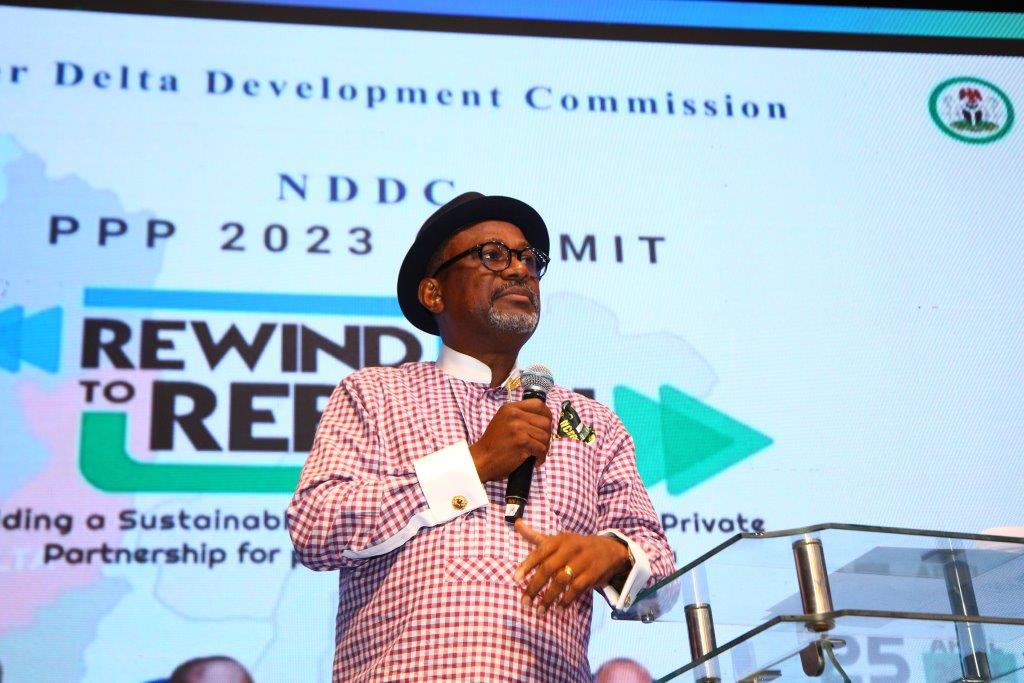After about three months of cuts and exemptions, members of the Organization of Oil Exporting Countries (OPEC) and non-OPEC producers began meetings in Kuwait on Sunday to assess the impact of a milestone production cuts deal and to decide on whether to recommend they be extended.
Kuwait Oil Minister Essam al-Marzouk, who heads a joint ministerial committee tasked with overseeing compliance to the cuts, said conformity to the reductions, could be improved.
He said “We need to see conformity across the board,” to 100 percent, he told the opening session of the one-day meeting, which includes Russia, Venezuela, Oman, Algeria and Iraq.
At inception, OPEC believed that the cuts aim to reduce world oil supplies and boost prices that had crashed since mid-2014.
Nigeria and three other nations who were suffering series of hitches in their production lines were exempted from the cuts to limit losses within the period.
Good enough, the federal government cashed in on the deal and began diplomatic moves in the turbulent Niger Delta which had paid off with return of peace and increased productivity.
As at the time of the exemption, Nigeria due to the violence level in the oil rich region was only exporting well below 800,000 bpd, but in the last two months, return of peace activated by the federal government has jerked up exports to well over 2.1mbpd.
Marzouk said that if OPEC and non-OPEC producers fully complied with the historical deal reached last year, “we may see a rebalance in the market in the third quarter of 2017.”
He however warned that crude oil stocks remained high and price volatility was on the rise.
The ministerial committee, of which non-OPEC Russia is co-chair, will also look into potentially recommending the output cuts deal be extended at a joint OPEC and non-OPEC meeting scheduled for May.
Bloomberg News reported that Venezuela, Oman and Iraq voiced support in Kuwait for a rollover of the cuts beyond June.
At the end of November, OPEC agreed to cut output by 1.2 million barrels per day (bpd) from January 1, initially for a period of six months.
Non-OPEC producers led by Russia agreed in December to cut their own output to 558,000 bpd.
Marzouk said earlier this month that OPEC compliance to the cuts had exceeded the 100 percent target but non-OPEC conformity remained moderate at between 50 percent to 60 percent.









